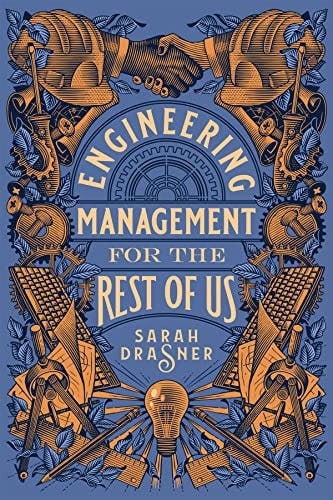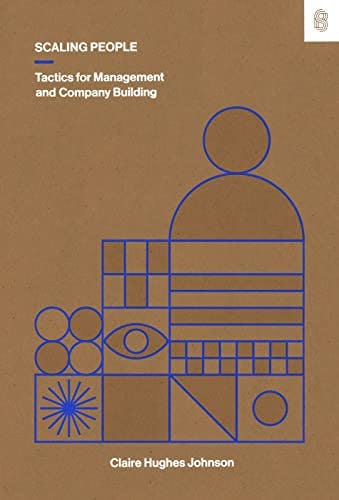Build the team that builds the product
How I can help
Make your company values actionable
When building an engineering group, I always start with values. Company values and team values guide decision making and help set expectations for how the team acts.
Once a values-based foundation is in place you can define how your team operates. Small daily tasks can be given new meaning and team members can better understand the impact of their individual contributions. These actions, when applied consistently, help build a culture of trust, collaboration and empathy.
Interviewing & hiring
Before a job description is written, engineering teams should have a clearly defined interview process covering what questions are being asked, who is doing the interviewing, how many rounds of interviews are required and what the process is for final decisions.
Candidates should be provided with a guide of what to expect in an interview process, and job descriptions should give an indication of what skills and experiences are used day-to-day instead of focusing exclusively on background or education.
Onboarding
The way you onboard a new team member sets the tone for all future interactions — how folks communicate, how knowledge is shared, how conflicts are resolved, and how code is committed and deployed. By creating a thorough onboarding process, you're providing new employees with clear expectations to set them up for success.
Development methodology
Most conflicts I've experienced on engineering teams aren't about what is being built, it's about how it's being built. Successful engineering teams have clear guidelines and patterns for deciding which languages and frameworks to use, a style guide for code and documentation, what level of autonomy each individual developer has, how tests are written and run, and how code is versioned and deployed. Most importantly, teams should have clear guidelines how to propose and introduce new technologies and processes so they don't get bogged down by legacy code and ways of working.
Competency model and career path
Your employees should have a clear understanding what is expected of them in their role and what additional skills and experience are required to be promoted to a more senior role. By articulating clear criteria around technical ability, product expertise, communication, leadership and independence you make conversations about careers more straightforward.
Feedback and performance reviews
One of the hardest parts building an engineering team is establishing a process for giving and receiving feedback. Feedback needs to be timely, and each team member will have his or her own preferences for how they best receive feedback. It's important to establish a standard pattern of giving and receiving feedback in order to build trust on your team.
An added benefit of a strong feedback culture is that performance reviews tend to run more smoothly. There should never be a "surprise" moment (good or bad) in a performance review if you have established a solid pattern of one-on-ones, team checkins and direct, actionable feedback.

